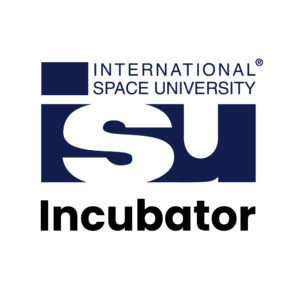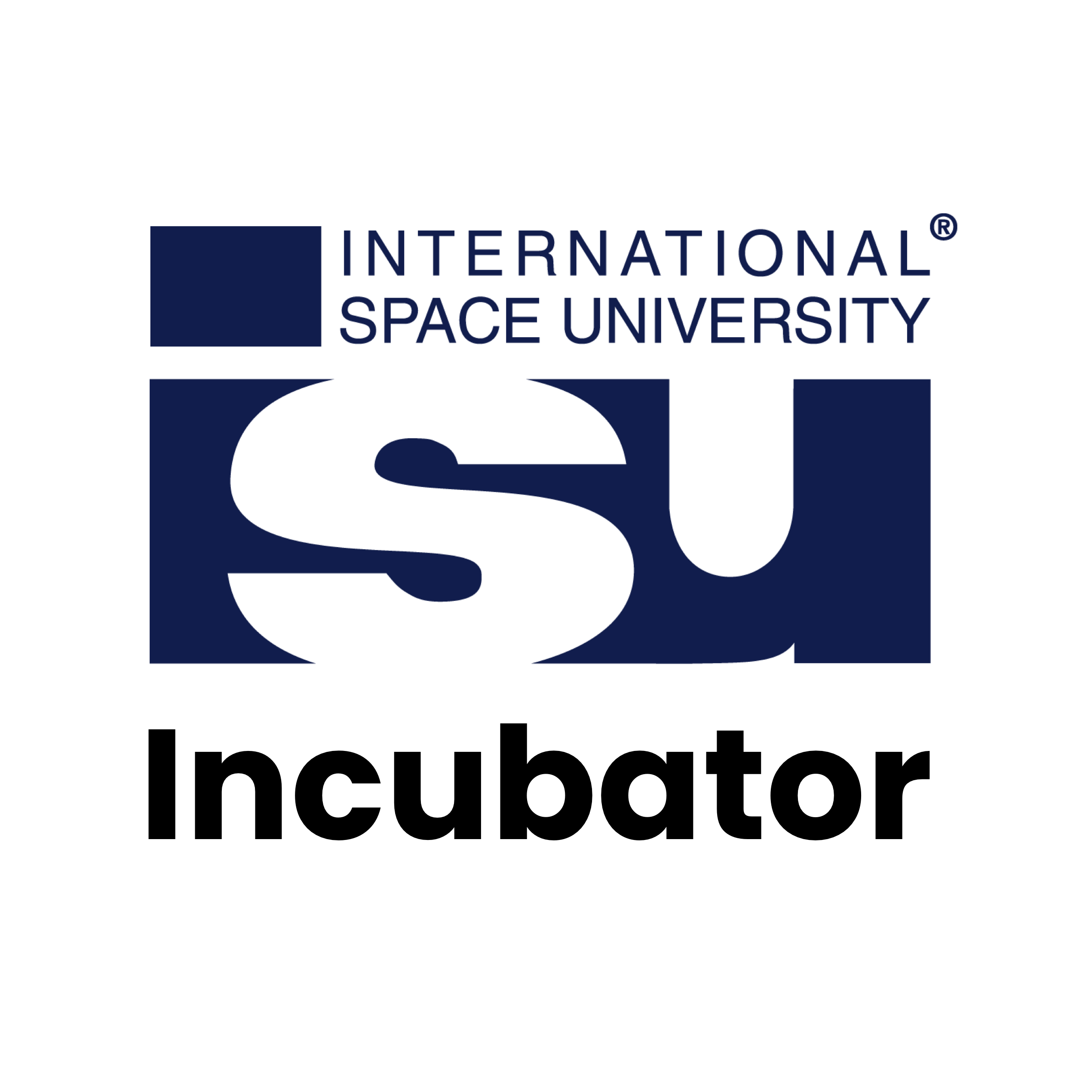On Week 4, participants have reached their turning point in their SSP22 mission. Core lectures and online elective workshops are now over and all the amazing notions given by the instructors have been safely packed for the future. Let’s see what has happened in this fantastic week full of events!
The week started with rocket science. John Connolly explained space propulsion systems, how a rocket works, methods used to accelerate spacecraft and artificial satellites, including launch, re-entry, and in-space systems. What a fascinating theme! Then, Alexandra Whitmire from NASA explained psychological aspects related to space missions, showing all the hard training that is required before becoming an astronaut and what challenges astronauts must face in space. Hansjörg Dittus introduced participants to Spacecraft Subsystems, specifying the essentials of spacecraft design, such as propulsion; thermal control; power and power distribution; attitude control; telemetry command and control; transmitters/antenna; computers/on-board processing/software; and structural elements.
Kris Lehnhardt gave another amazing and extremely important lecture, explaining what Space Medicine is and what are the needs and requirements for embarking on human space exploration beyond the Low Earth Orbits (LEO). Again, John Connolly introduced Space Systems Engineering and Mission Design, describing how space systems engineering is performed and what the major points in the mission design process are.
Hansjörg Dittus further elaborated on the details concerning what subsystems make up a spacecraft and which are their main requirements, functions, and components.
After mastering literal rocket science, John Connolly took us through a translunar path all the way to the Moon and told us all about Landing and working on the Moon. He introduced some of the most important human performance variables necessary for designing a human planetary lander and showed how the seven ISU (International Space University) SSP (Space Studies Program) Departments contribute to the design, operation, and success of a human lunar mission. Finally, Mikhail Marov described Cosmology & Galactic Astrophysics and explained the best we know about Dark Energy and Dark Matter. Mind-blowing.
On Wednesday evening a LIS-ONL all staff combined social took place: what a funny time altogether playing Pictionary!
This week’s online workshops started with Karlijn Korpershoek with Alternative Narratives of Space Exploration showing a more social scientific approach to outer space studies and explaining that space exploration has an impact much beyond its own industry. Another hands-on workshop held by Justin Karl introduced participants to Mission Planning and Spaceflight Safety, emphasizing the Verification and Validation phases of space technology that can decide whether a mission can proceed or not. Michaela Musilova taught the basics of geology and planetary science, prompting the participants to identifying rock types and land forms and collecting samples under simulated extra-vehicular activity (EVA) conditions. Antonio Yukio Ueta came all the way from Brazil to provide participants with an opportunity to exercise their creativity with the basic concepts of Futures Studies and how it can be applied to various situations that affect different segments, including entrepreneurship, organizations, communities.
Friday kicked off with at least three elective workshops. Eric Dahlstrom and Emeline Paat-Dahlstrom talked about trends and market opportunities in the New Space Industry and enabled the participants to know how to assess national and local space market and capabilities, learn and explore methodologies for catalyzing space entrepreneurs and startups, creating pathways for collaboration, and to identify their own needs and requirements for growing a space industry in their region and actionable next steps. Our very own Juan de Dalmau held a seminar on Crisis Communication and Media to provide participants with a sense of media relations, interview techniques, as well as an introduction to communication in case of a crisis in the space transportation field. Finally, Paul Iliffe came back to ISU with his workshop on The Sat-Comms Game: Build a sat-comms business to connect the world, an interactive activity about sat-comms whose purpose is to educate the participants on the details of the satcom sector, including distinctions between different constellation types, the needs of different markets, and the human elements of such an organization. By the end of the workshop, online participants even produced their very own satcom company.
In parallel to this amazing program, online participants had two mentorship sessions, in which they had the opportunity to continue to network with amazing mentors from the ISU community and, of course, carried on with their TP (Team Project) sessions, ranging from Proposal Writing and Working Session, Policy and Legal review, among others. They are getting there and we cannot wait to see what they come up with… E.T. is waiting to phone home.
Chiara Martinelli & Vinicius Aloia, Teaching Associates, Online, SSP22

